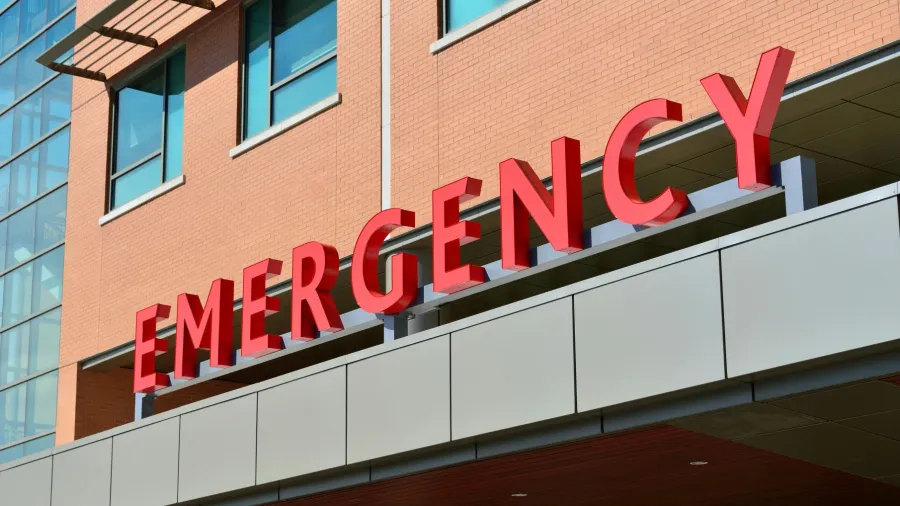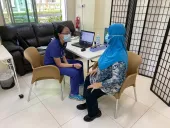
Singapore healthcare needs collective and progressive action for sustainability
The sector’s carbon emissions are projected to balloon by around 200% by 2050.
SINGAPORE has committed to an ambition to reach net zero by 2050, but its healthcare sector remains one of the top carbon emitters globally, ranking second amongst 68 countries. This calls for a more urgent collective action to pursue sustainable growth.
Arnaud Bauer, a Partner in L.E.K. Consulting’s Singapore office, is the head of Healthcare Services and Healthcare M&A for Southeast Asia. He said carbon emissions from Singapore’s healthcare sector are forecasted to grow by around 200% by 2050.
Carbon emissions in the healthcare sector mostly come from Scope 2 or indirect energy greenhouse gas emissions, and Scope 3 or those that come from the supply chain.
“Aggressive and rapid actions are recommended to bring about a deep and timely decrease in carbon emissions,” Bauer said at the Healthcare Asia Summit.
He noted that amongst Singapore public hospitals, sustainability efforts exist but “appear individualistic” when compared with the government’s GreenGov campaign as some hospitals are doing well, whilst others only adopted partial initiatives.
The GreenGov.SG is a component under the Singapore Green Plan 2030 that focuses on adopting environmentally sustainable practices in the public sector, covering energy efficiency, alternation power sources, waste reduction, sustainable procurement, and green building design.
In the private sector, Bauer said that most hospitals implement sustainability strategies due to pressure from environmentally concerned investors and consumers.
Still, only IHH Healthcare has included carbon net zero by 2050 in its strategies, he said.
Bauer noted in his presentation at the recent Healthcare Asia Summit in Singapore that Raffles Medical Group and Thomson Medical Group have set targets to reduce waste, water and electricity consumption.
“It’s not a true commitment to carbon neutrality,” he said. “There are a lot of very clear and impactful decisions that need to be made that can completely change the way the organisation takes its first steps today and its value proposition to patients and the broader stakeholder environment.”
Adopting a proactive strategy
Overall, Bauer acknowledged that healthcare companies are now leaning towards proactive strategies in addressing sustainability concerns. They recognise that achieving sustainable practices will be beneficial for long-term value creation and differentiating themselves within the industry, he said.
A proactive strategy entails the adoption of a progressive or growth-driven approach that considers customer demands in the sustainability goals and applies them company-wide.
Such companies may also be innovators or purpose-driven, where sustainability is “at the heart of the strategic agenda.
“This is very important because whether we want it or not, this is going to happen,” Bauer said.
An L.E.K survey of 100 C-suite and senior executives from healthcare companies in the US, France, Germany, the UK, Australia, and China showed that 35% of healthcare firms adopt a progressive approach, whilst 28% employ the innovator strategy.
Meanwhile, 2% are adopting a defensive strategy of a minimalist approach, meaning they are compliance-driven and are in the “understanding stage” of sustainability.
Around 32% said they are following the defensive pragmatist strategy which takes a “risk-based” approach that implements measures to mitigate reputational and operational risks, the study said.













 Advertise
Advertise













